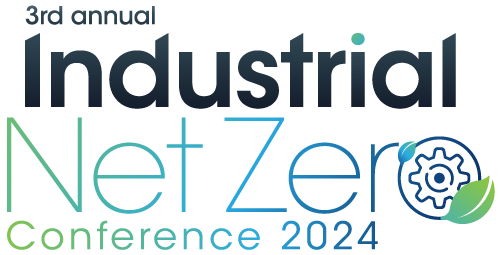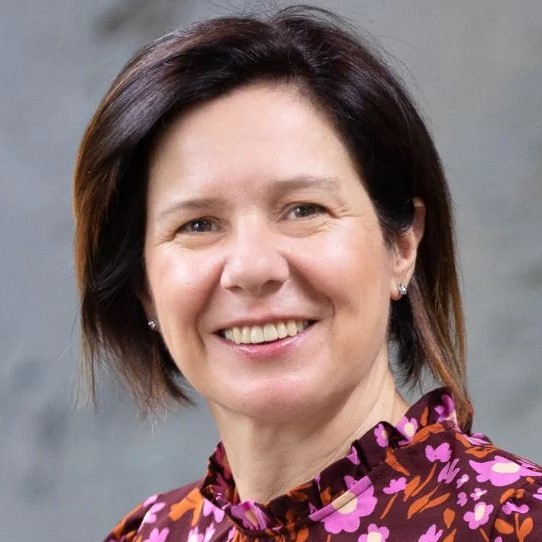 Marghanita Johnson
Marghanita Johnson
Chief Executive Officer
Australian Aluminium Council
High Speed 2 (HS2) is a high-speed railway line under construction in England. HS2’s Net Zero carbon plan targets both the construction of the project as well as operational energy and maintenance needs.
- Assessing low carbon technologies (hydrogen, biogas, ccs, heavy vehicles, intermittency of renewables, need for long term storage) and choosing the most appropriate
- What are the most effective policies to nurture and encourage emissions reduction?
- Dealing with market challenges (eg negative pricing, rising energy prices)
- Setting ambitions based on benchmarking and reviews of what else is being done across the industry
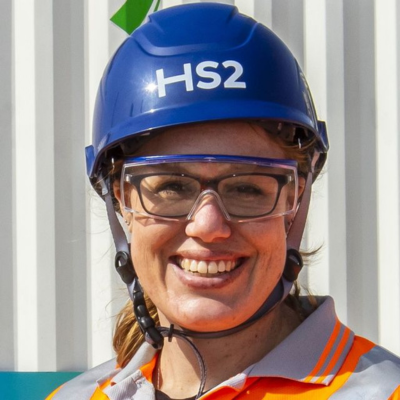
 Andrea Davidson
Andrea Davidson
Head of Carbon & Climate Change
HS2 (High Speed Two) United Kingdom
- Creating an Australia/New Zealand platform for reporting emission types across multiple sites
- Breaking down and analysing the effectiveness of specific actions at specific locations
- Enabling robust decision making by identifying carbon savings
 Tamara Sling-Ronen
Tamara Sling-Ronen
Environment Director
Lion Co
- Deploying energy efficiency initiatives and switching fuels at manufacturing sites to reduce greenhouse gas (GHG) emissions
- Commissioning high temperature heat pump and solar thermal plant combination to reduce the natural gas required
- Using natural gas as an interim measure with longer-term energy transition solutions focussed on electrification and renewable energy

 Linda Mulvihill
Linda Mulvihill
General Manager of Energy & Climate
Fonterra (New Zealand)
- CCS hubs and the benefits of networked carbon removal services
- Examining current commercials and how viability can be improved
- Understanding the permitting pathway to reach CCS deployment
 Donna Findlay
Donna Findlay
Executive Director, The CarbonNet Project
Vic Department of Jobs, Skills, Industry and Regions
AEMO's ISP notes the importance of demand side activity, where both businesses and households take action to reduce their demand on the grid and calls for the facilitation of 37 GW flexible capacity for the NEM by 2050, an 80-fold increase from today.
- How industrial businesses can reduce demand and achieve guaranteed energy savings through Energy as a Service
- Leveraging flexible demand to help stabilise the grid, optimise energy use and generate business value
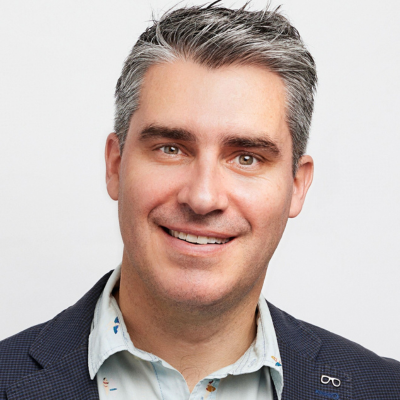 Liam Barry
Liam Barry
General Manager, Commercial
Origin Zero
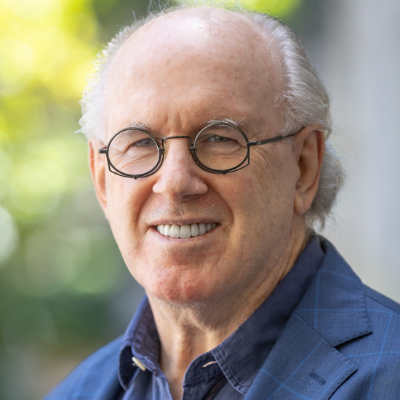 Peter O’Connell
Peter O’Connell
Managing Director and Co-founder
Climatech Zero
- Capitalising on the advantages of being an early adopter of abatement technology
- Reviewing the value of a circular mindset
- Exploring the role of partnerships in achieving net zero
- Creating a carbon aware culture
 Mussaret Nagree
Mussaret Nagree
General Manager, Climate Opportunities
Wesfarmers Chemicals, Energy & Fertilisers
- What are useful approaches to analyse long-term financial implications and potential returns on investment in emission reduction technologies?
- How do you evaluate the environmental and social risks associated with different emission reduction strategies?
- What are effective ways to develop strategies to mitigate financial risks and uncertainties in adopting new emission reduction technologies or processes?
- How do you form co-operatives and work with partners to manage capex and make investment in low carbon tech more viable?
Moderator:
 Donna Findlay
Donna Findlay
Executive Director, The CarbonNet Project
Vic Department of Jobs, Skills, Industry and Regions
Panellists:
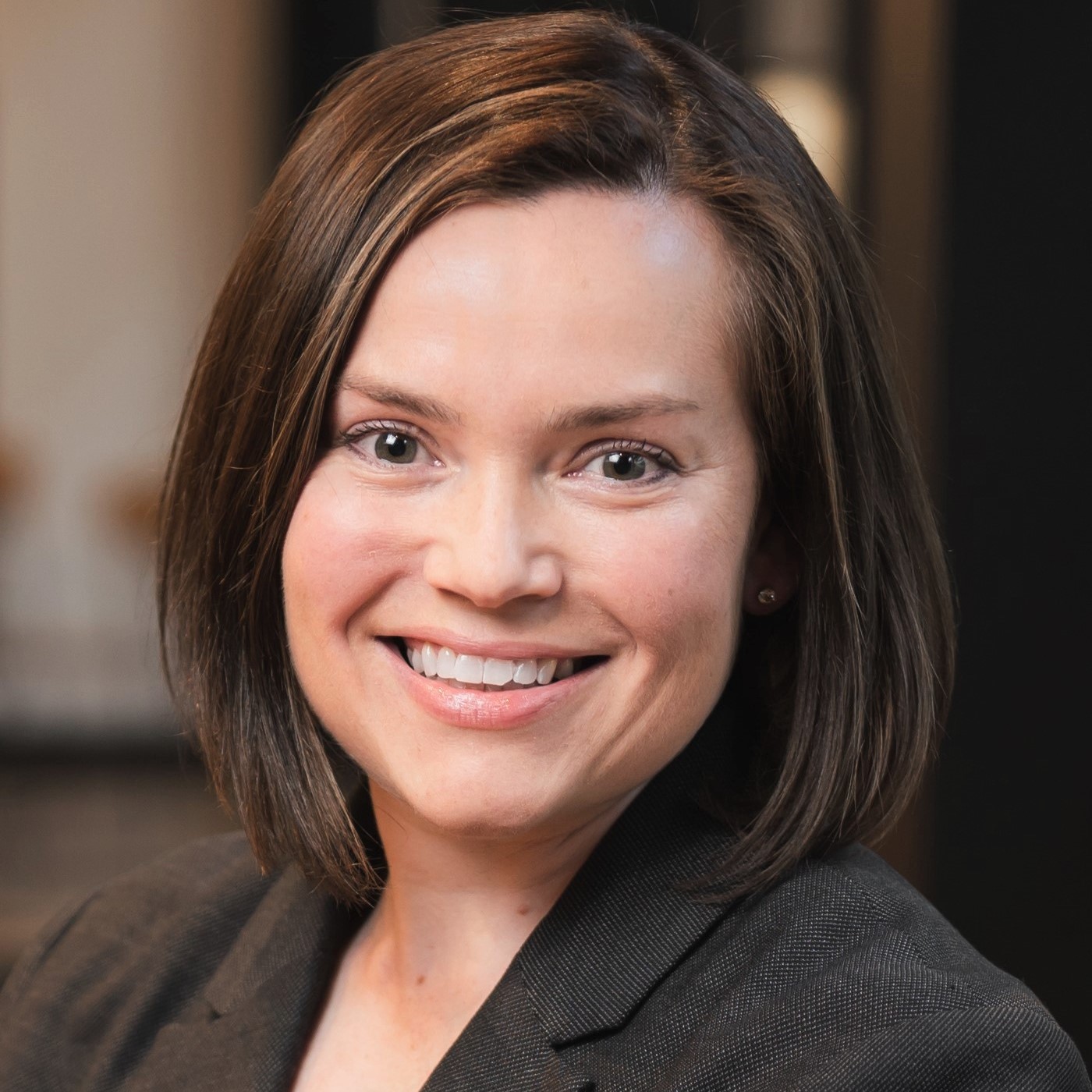 Jenny Selway
Jenny Selway
Chief Executive Officer
HILT CRC
 Tamara Sling-Ronen
Tamara Sling-Ronen
Environment Director
Lion Co
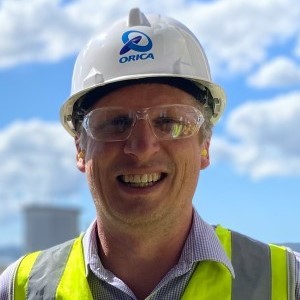 Antony Taylor
Antony Taylor
Head of Safety, Health, Environment, Security
Orica
 Raj Lekhwar
Raj Lekhwar
Group Sustainability Manager
QUBE Holdings
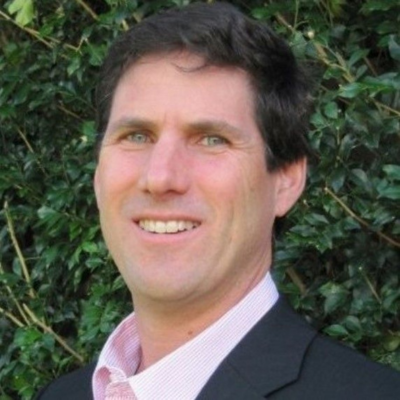 Peter Haenke
Peter Haenke
Investment Manager
Australian Renewable Energy Agency (ARENA)
- Analysing the need for better coordination on the electricity/renewable gas supply versus demand
- Defining roles for technical experts, energy retailers, energy distributors, and financiers
- Real life examples of what’s working (and what’s not) in New Zealand
- Benchmarking current levels of decarbonisation literacy in Australia and internationally
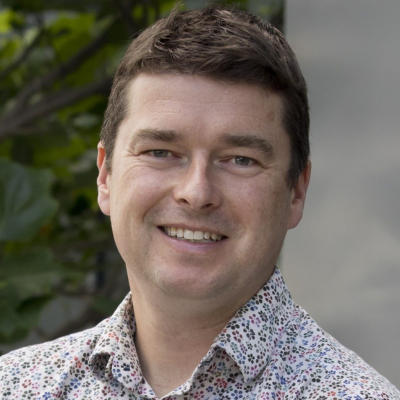 Jeff Smit
Jeff Smit
Director - GM Strategy and Business Development
DETA
Discuss ideas, gain practical tips, and work through your net zero challenges. You’ll have the invaluable opportunity to meet leaders across several sectors and hear their perspectives. Drill down into specific topics while you network and build relationships with people you otherwise may not have access to. You will be able to choose three of the below, with each roundtable running concurrently over three time slots:
Round 1: 15:20-15:50 | Round 2: 15:50-16:20 | Round 3: 16:20-16:50
Topics:
1. Examining the role of Carbon Capture, Use and Storage (CCUS) in reaching net zero
 Donna Findlay
Donna Findlay
Executive Director, The CarbonNet Project
Vic Department of Jobs, Skills, Industry and Regions
2. Heat pumps to increase energy efficiency and decrease emissions
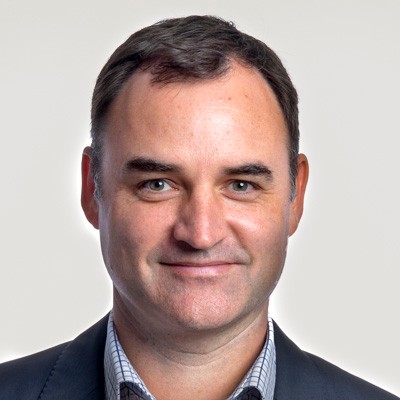 Jarrod Leak
Jarrod Leak
Chief Executive Officer
Australian Alliance for Energy Productivity (A2EP)
3. Reducing the costs and risk of low emissions technologies through partnerships
 Jenny Selway
Jenny Selway
Chief Executive Officer
HILT CRC
4. Handling a changing regulatory system around net zero – what are the most important policies and regulations for industry?
 Tennant Reed
Tennant Reed
Director – Climate Change and Energy
Australian Industry Group (Ai Group)
5. Working with contractors and OEMs to decarbonise the whole supply chain
 Andrea Davidson
Andrea Davidson
Head of Carbon & Climate Change
HS2 (High Speed Two)
6. Opportunities for biomethane in decarbonising manufacturing, with a focus on processes that require heating (steam etc)
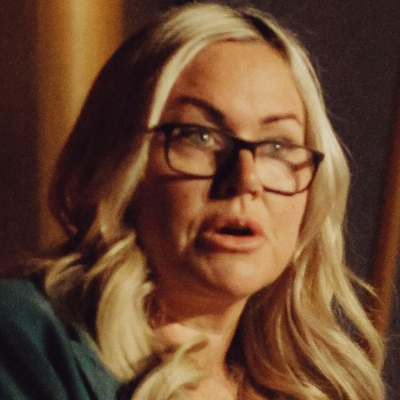 Shahana McKenzie
Shahana McKenzie
Chief Executive Officer
Bioenergy Australia
7. Practical strategies for collaborating between government, industry and community to progress investment in place-based industry hubs
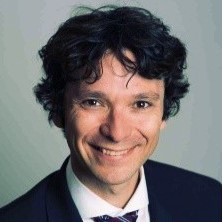 Eric Kimmel
Eric Kimmel
Program Manager, New Low Carbon Industrial Foundations
NSW Department of Climate Change, Energy, the Environment and Water (NSW DCCEEW)
 Gary Foster
Gary Foster
Manager – Hydrogen Programs
NSW Department of Climate Change, Energy, the Environment and Water (NSW DCCEEW)
8. How businesses can use VPPs to shift demand, optimise energy costs and support the transition
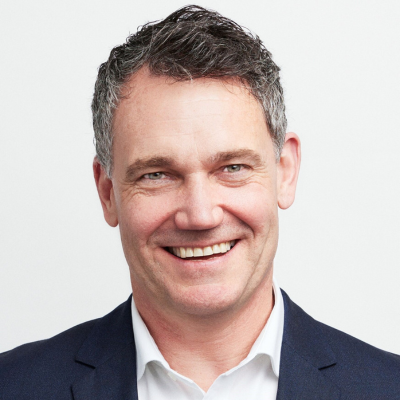 Andrew Cleland
Andrew Cleland
General Manager, Business Products & Technology
Origin Zero
 Haaris Jamil
Haaris Jamil
Energy Intensives & Technology Lead
Origin Zero
9. What are the specific things that heavy energy users need to consider when building energy purchase contracts?
 Jackie McKeon
Jackie McKeon
Program Director
Business Renewables Centre Australia (BRC-A)
